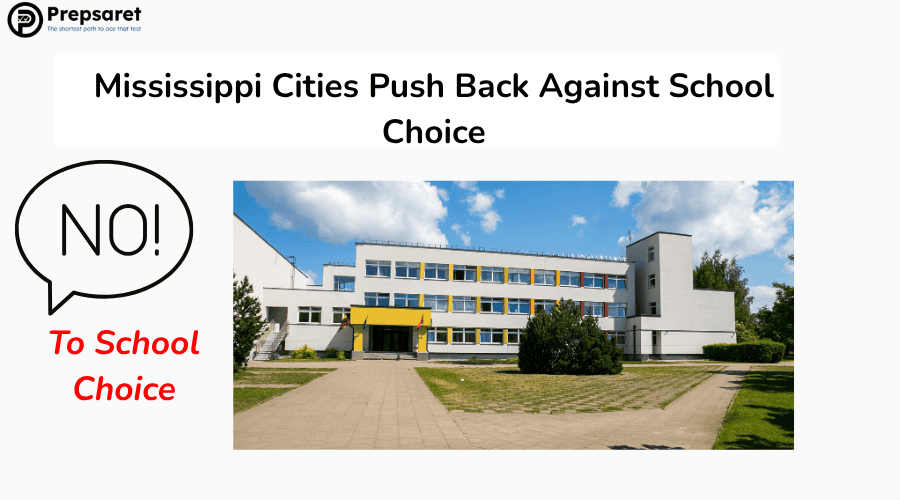Key Takeaways
- Several Mississippi cities, including Clinton, Pearl, Florence, and Jackson, have passed resolutions opposing expanded school-choice programs, citing public-school funding concerns.
- Proponents argue school choice provides parental freedom, educational opportunities for low-income students, and competitive pressure on public schools.
- Evidence from other states and countries shows mixed results; voucher programs have sometimes led to socio-economic segregation without improving overall academic outcomes.
- Rural communities may face disproportionate negative impacts if students leave public schools for voucher programs.
- Mississippi lawmakers plan to expand school choice in the upcoming legislative session, prompting debate among residents, educators, and policymakers.
Mississippi Cities Oppose Expanded School Choice Amid Statewide Debate
As Mississippi prepares for a potentially transformative 2026 legislative session, several municipalities have taken a public stance against the expansion of school-choice policies. Municipal boards in Clinton, Pearl, Florence, and Jackson adopted resolutions in September opposing programs that divert public funds to private education.
In Clinton, the Board of Aldermen cited concerns that vouchers could “redirect critical public funds away from local public school districts and instead subsidize private, unaccountable education providers.” Alderman Chip Wilbanks emphasized the community’s commitment to maintaining strong public schools, describing them as “the epicenter of our town” and warning that expanded school choice could undermine local education systems.
Similarly, Florence officials, including Mayor Pro Tempore Brian Grantham, said residents expressed concern over potential impacts on local schools during recent campaigns.
In Jackson, Councilman Kevin Parkinson framed the resolution as “anti-privatization” rather than outright opposition to school choice, distinguishing between support for charter schools and state-backed voucher programs.
Find Out: The Financial Aid For GED
Advocates Highlight Parental Freedom and Access
Proponents of school choice, including House Speaker Jason White and Rep. Jansen Owen, argue that education savings accounts (ESAs) and expanded open-enrollment policies will provide families with greater flexibility, particularly for low-income students.
ESAs allow parents to allocate public funding toward private school tuition, online curricula, or homeschooling. Owen noted parents regularly report that their local districts do not meet their children’s needs, asserting that choice programs can bridge that gap.
Other states’ experiences present a complex picture. Tennessee’s newly expanded voucher program has faced rural access challenges, limited scholarship funding, and uncertain academic outcomes for participating students.
Similarly, studies from Chile and Arkansas indicate that while private school enrollment increased, average academic performance did not consistently improve, and socio-economic segregation intensified.
Fiscal Concerns and Community Impacts
Opponents caution that diverting funds to private education could strain public schools, particularly in rural areas where enrollment losses reduce resources and threaten programs. Paige Shoemaker DeMio, a policy analyst for the Center for American Progress, noted, “Even when no students from a community use a voucher program, state-level funding cuts still affect rural schools, which rely heavily on public dollars.”
As Mississippi lawmakers weigh potential legislation, the debate highlights a fundamental tension between parental choice and public-school preservation, with communities and educators advocating for a careful examination of both benefits and risks.
Also in the News: South Carolina State University Remains on Lockdown After Two Shootings Leave One Dead

